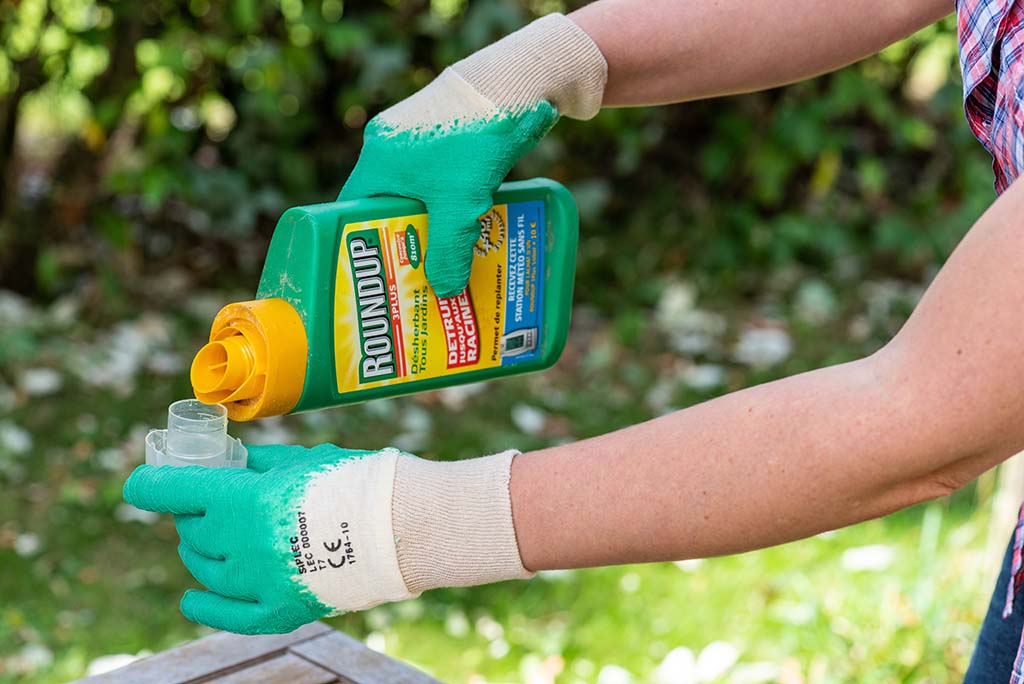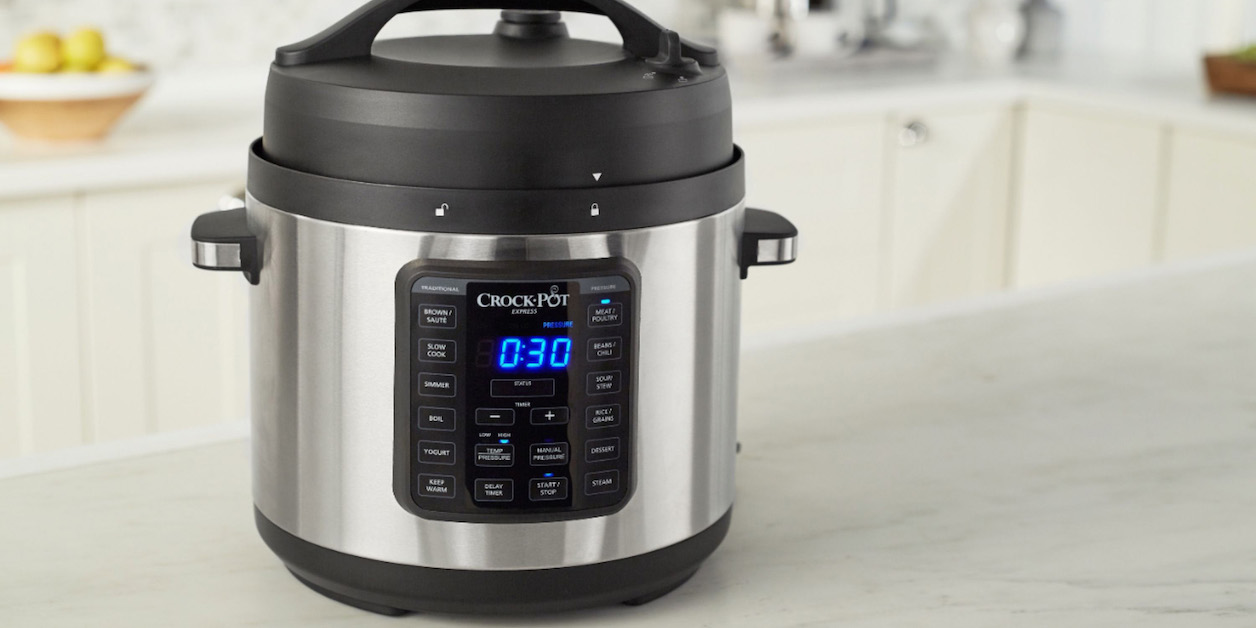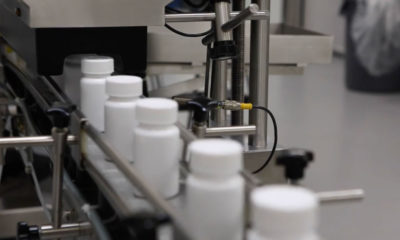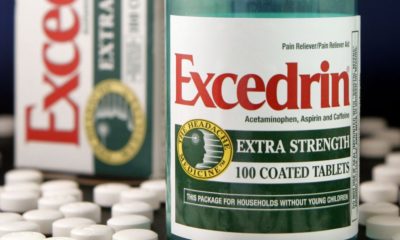According to government scientists, glyphosate is only toxic when combined with other ingredients. Scientists with the National Toxicology Program have been doing testing on glyphosate and formulations with this chemical as one of the active ingredients. These formulations have been found to be potentially damaging to humans.
Dangers of Glyphosate Formulations
Glyphosate is the active ingredient in the well-known weedkiller, Roundup, manufactured by Bayer AG and marketed under the Monsanto brand. Claims have been made that exposure to these products have caused cancer. Monsanto has long refuted these claims, saying the products don’t cause cancer in users.
The NTP is part of the National Institute of Environmental Health Sciences. The agency has been running tests on nine formulations, which all contain glyphosate. Separate testing has been done on glyphosate alone. Based on preliminary results, pure glyphosate doesn’t lead to cell death or cause cancer. It doesn’t change DNA based on the tests ran by the NTP. However, most people aren’t exposed to pure glyphosate. Weedkillers and other products containing glyphosate include formulations with other ingredients.
Testing showed that the toxic effects come from formulations that include what is known as surfactants. These chemicals help plants be able to absorb glyphosate. Other toxic chemicals include mesotrione, diquat dibromide and metolachlor. These ingredients are found in some weedkilling products.
The challenge with this information is that it’s difficult to tell which formulations can cause cancer because the manufacturers aren’t required to list the surfactants because they are considered to be confidential for the business and may be labeled simply as other ingredients.
The NTP says more testing of these formulations and chemicals is needed. According to a spokesperson for Bayer, most of the tests had negative results for toxicity. Currently, the International Agency for Research on Cancer and other agencies list glyphosate as carcinogenic or a probably human carcinogen.
While the EPA has agreed that glyphosate is safe, it hasn’t tested the formulated product to determine safety. One of the key formulations in Roundup products is glyphosate and polyethoxylated tallow amine (POEA). POEA was banned in Europe in 2016.
Claims have been made that Monsanto has not done nearly as much testing on formulations as on glyphosate alone. The EPA requested reports from studies done on the formulations in 2016.
Another Study on Pesticides and Children
Another study shows that exposure to pesticides and other toxins can lead to learning disabilities and developmental issues in children. It can also cause impairments to behavior. The study was conducted by the NYU Grossman School of Medicine in New York City. It analyzed the exposure to several toxic chemicals, including flame retardants and other household products as well as pesticides. Ingredients in pesticides can impact the thyroid. The results of this study were published in the Molecular and Cellular Endocrinology journal.
While controversy still exists over the dangers of glyphosate, it’s apparent that some formulations may have a negative impact on those who are exposed. Long-term damage is possible as more testing reveals new information.



























